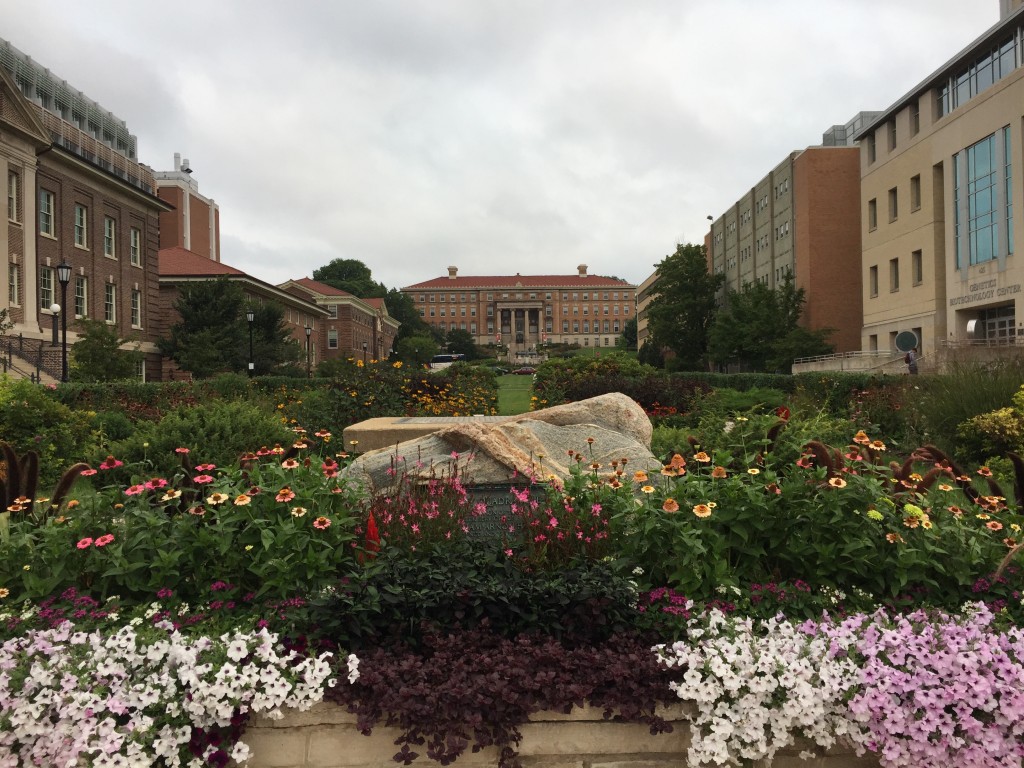Open positions!
First of all, I just want to do a last reminder of PhD student position in bioinformatics and artificial intelligence applied to antibiotic resistance with Erik Kristiansson as main supervisor that closes tomorrow. More info here!
Second, two of my best and dearest colleagues at University of Gothenburg – Kaisa Thorell and Åsa Sjöling – have open postdoc positions in molecular microbiology (with Åsa) and bacterial proteomics (with Kaisa). Both of these are great opportunities to work with fantastic people on exciting subjects, so you should check these out if you are looking for postdoc positions in microbiology, molecular biology or bioinformatics! There are only a few days left to apply for these positions, so go ahead and do it now!
Finally, I am again tooting our own horn with the postdoc in innovative approaches to antibiotic resistance monitoring (within the SEARCHER program) in my own group. More info here, deadline is on July 31 with interviews to take place in August.
We’re hiring a postdoc in environmental AMR monitoring
As part of the SEARCHER program, we are now hiring a two-year postdoc to work with innovative approaches to antibiotic resistance monitoring. You can read more about the position here and at Chalmers’ job portal, but in short we are after a wet-lab postdoc who are willing to do field work and laboratory studies to identify novel antibiotic resistance genes.
Please do not send me your CV and application letter via e-mail, but apply through the Chalmers application portal. Sending your CV to me will not increase your changes. Only contact me about this position if you have actual, relevant questions about the position (as I will otherwise get lots of unwanted e-mails…) Those questions, I am happy to answer!
Thanks for the applications
Our open doctoral student and postdoc positions closed over the weekend, and in total we had 110 applications, although some persons applied to more than one of the positions, bringing the total number of applicants down a bit. Still, this will be a lot of work for me. I will prioritize the postdoc position, as this had the fewest applications. So if you applied to one of the two PhD student positions, please give it some time.
A quick skimming of the applications shows that we have had extraordinary high quality of applications overall, although some of the applicants will be a bit too wet-lab oriented for these specific positions.
Thanks a lot for your interest in the lab’s work! I appreciate all of your efforts!
We’re hiring 2 PhD students and a postdoc
As I wrote a few days ago, I have now started my new position at Chalmers SysBio. This position is funded by the SciLifeLab and Wallenberg National Program for Data-Driven Life Science (DDLS), which also funds PhD and postdoc positions. We are now announcing two doctoral student projects and one postdoc project within the DDLS program in my lab.
Common to all projects is that they will the use of large-scale data-driven approaches (including machine learning and (meta)genomic sequence analysis), high-throughput molecular methods and established theories developed for macro-organism ecology to understand biological phenomena. We are for all three positions looking for people with a background in bioinformatics, computational biology or programming. In all three cases, there will be at least some degree of analysis and interpretation of large-scale data from ongoing and future experiments and studies performed by the group and our collaborators. The positions are all part of the SciLifeLab national research school on data-driven life science, which the students and postdoc will be expected to actively participate in.
The postdoc and one of the doctoral students are expected to be involved in a project aiming to uncover interactions between the bacteria in microbiomes that are important for community stability and resilience to being colonized by pathogens. This project also seeks to unearth which environmental and genetic factors that are important determinants of bacterial invasiveness and community stability. The project tasks may include things like predicting genes involved in pathogenicity and other interactions from sequencing data, and performing large-scale screening for such genes in microbiomes.
The second doctoral student is expected to work in a project dealing with understanding and limiting the spread of antibiotic resistance through the environment, identifying genes involved in antibiotic resistance, defining the conditions that select for antibiotic resistance in different settings, and developing approaches for monitoring for antibiotic resistance in the environment. Specifically, the tasks involved in this project may be things like identifying risk environments for AMR, define potential novel antibiotic resistance genes, and building a platform for AMR monitoring data.
For all these three positions, there is some room for adapting the specific tasks of the projects to the background and requests of the recruited persons!
We are very excited to see your applications and to jointly build the next generation of data driven life scientist! Read more about the positions here.
Open postdoc position
Together with Joakim Larsson‘s lab, we now have an open two-year postdoc position in bioinformatics on antibiotic resistance and biocide resistance. The development of antibiotic resistance has been driven by use of antibiotics, but antibacterial biocides also have the potential to select for antibiotic resistance. However, knowledge of which genes that contribute to biocide resistance and could be associated with antibiotic resistance is sparse. To some extent, such genes are documented in the BacMet database which we have developed, but this collection of resistance genes is only scratching the surface of all biocide resistance that exists among bacteria in the environment.
We are now looking for a postdoctoral fellow to continue the important work on bioinformatic analysis of biocide and antibiotic resistance to answer the question whether increasing biocide resistance would be a threat to human health. The postdoc will be working with the development of the BacMet database to make it more targeted towards biocidal substances and products in addition to resistance genes. The tasks include bioinformatic sequence analysis, literature studies and database and web programming. The work will also include investigations of the prevalence of the identified resistance genes in genomes and metagenomes.
The recruited person will work closely with both my group and the group of Prof. Joakim Larsson, and will participate in the JPIAMR-funded BIOCIDE project. You can apply to the postdoc position at the University of Gothenburg application portal: https://web103.reachmee.com/ext/I005/1035/job?site=7&lang=UK&validator=9b89bead79bb7258ad55c8d75228e5b7&job_id=25122
The deadline is May 4, 2022. Come work with us on this exciting topic in the intersect between two great research environments (if I may say it myself!) We look forward to your application!
Postdoc with Erik Kristiansson
If you are skilled in bioinformatics and want to work with one of my favorite persons, you should check out this postdoc ad closing January 9. This two-year position in Erik Kristiansson‘s lab at Chalmers University of Technology is a great opportunity to work with fantastic people on highly interesting questions. It has applications in infectious diseases and antibiotic resistance, and will be focused on genomic analysis of antibiotic resistance and virulence and their evolutionary history. The work includes both the development of new data-driven methodologies and the application of existing methodology to new datasets. The position will involve collaborations with researchers from clinical microbiology and the environmental sciences within the Centre for Antibiotic Resistance Research.
Open postdoc position
We are hiring a postdoc to work with environmental monitoring of antimicrobial resistance. The project is part of the EMBARK program and will consider different aspects of establishing a baseline for background antibiotic resistance in the environment, standardization of monitoring protocols and development of methods to detect emerging resistance threats. The project will involve work with environmental sampling, DNA extractions, bacterial culturing and generation of large-scale DNA sequence data. In terms of bioinformatic analyses, the project will encompass analysis of next-generation sequence data, genome-resolved metagenomics, short-read assembly and network analysis.
We look for a skilled bioinformatician, preferably with experience of experimental laboratory work. If you feel that you are the right person for this position, you can apply here. More information is also available here. We look forward to your application! The deadline for applications is January 3.
Leaving Madison
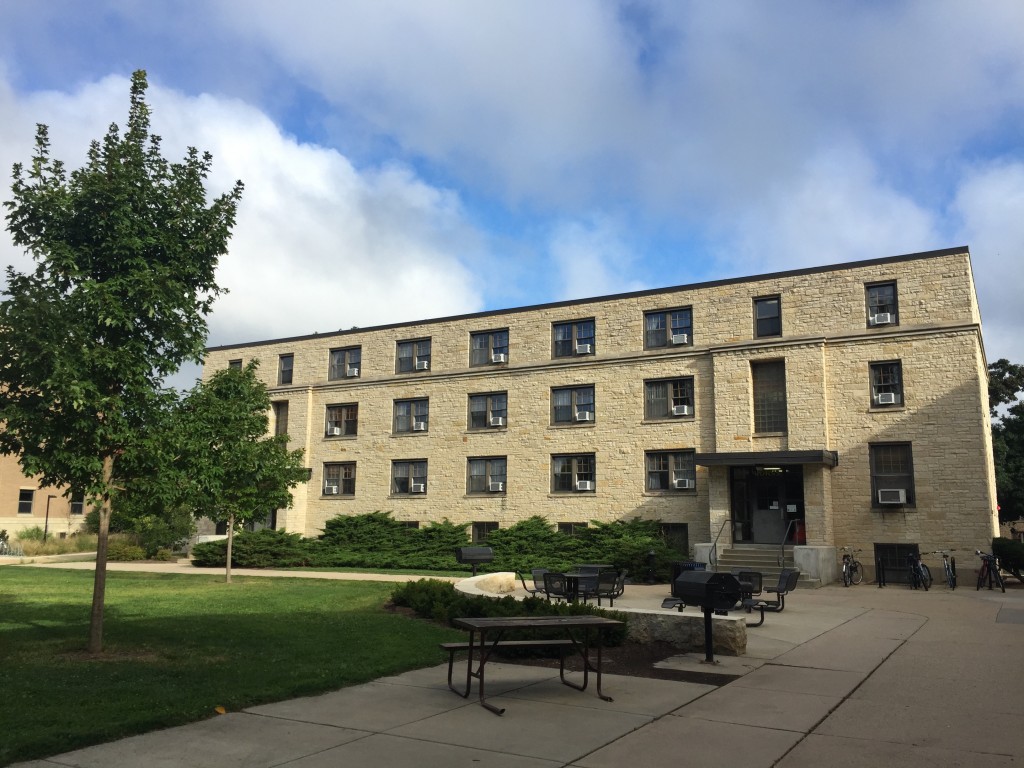
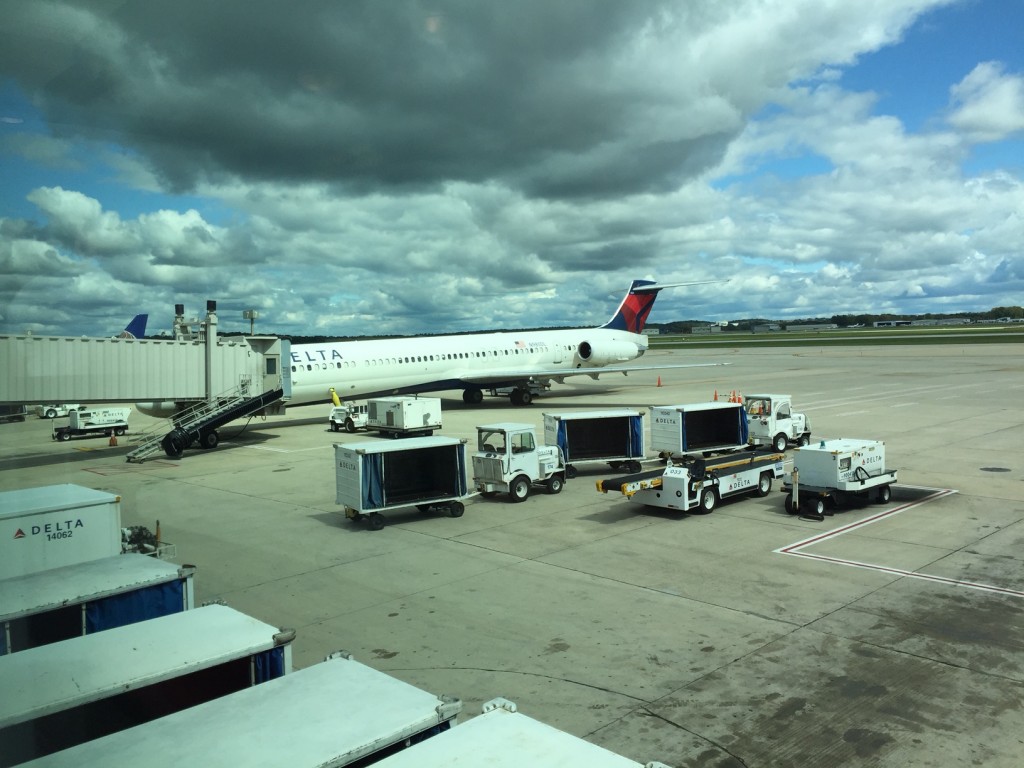
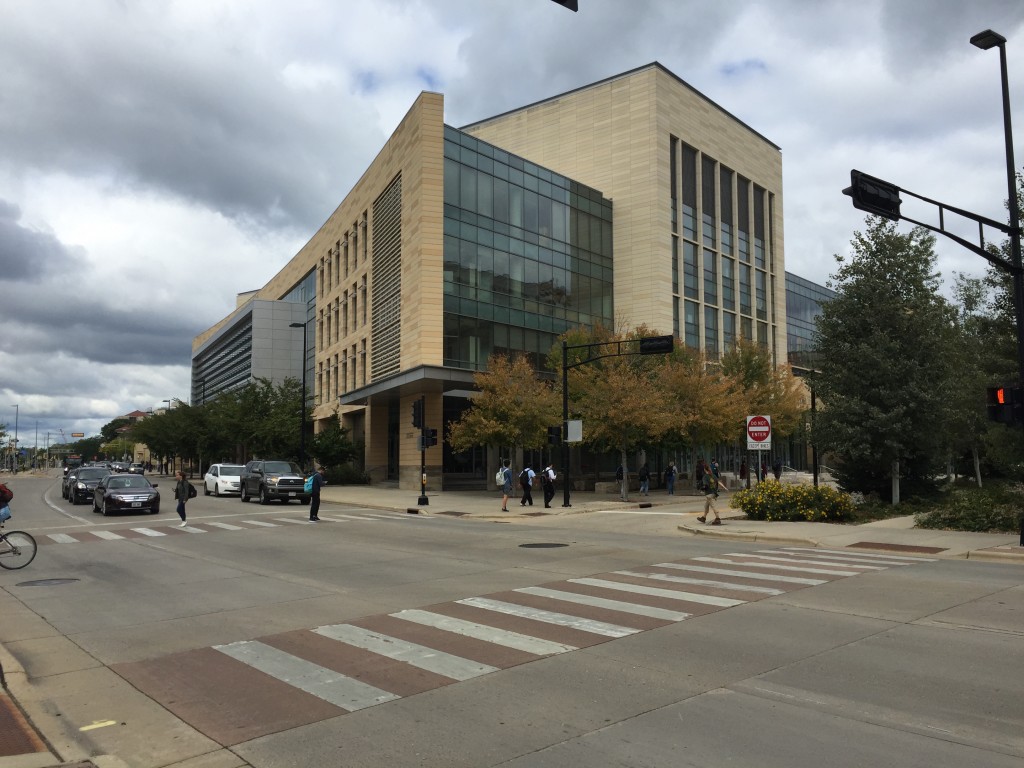
Students are coming back
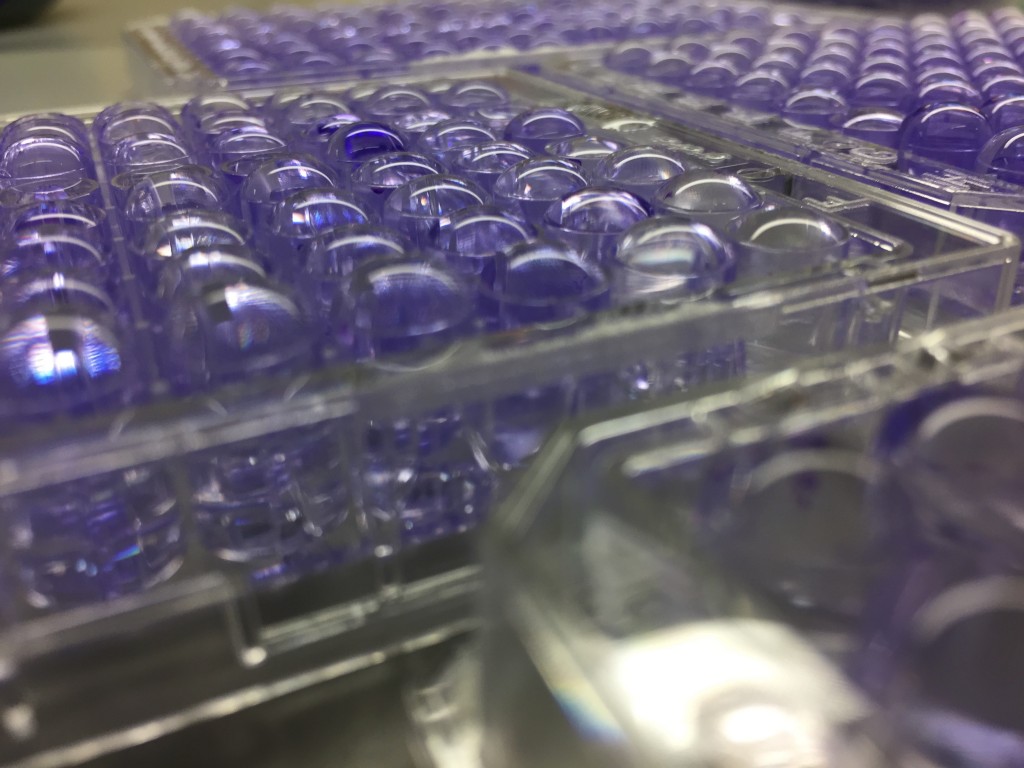

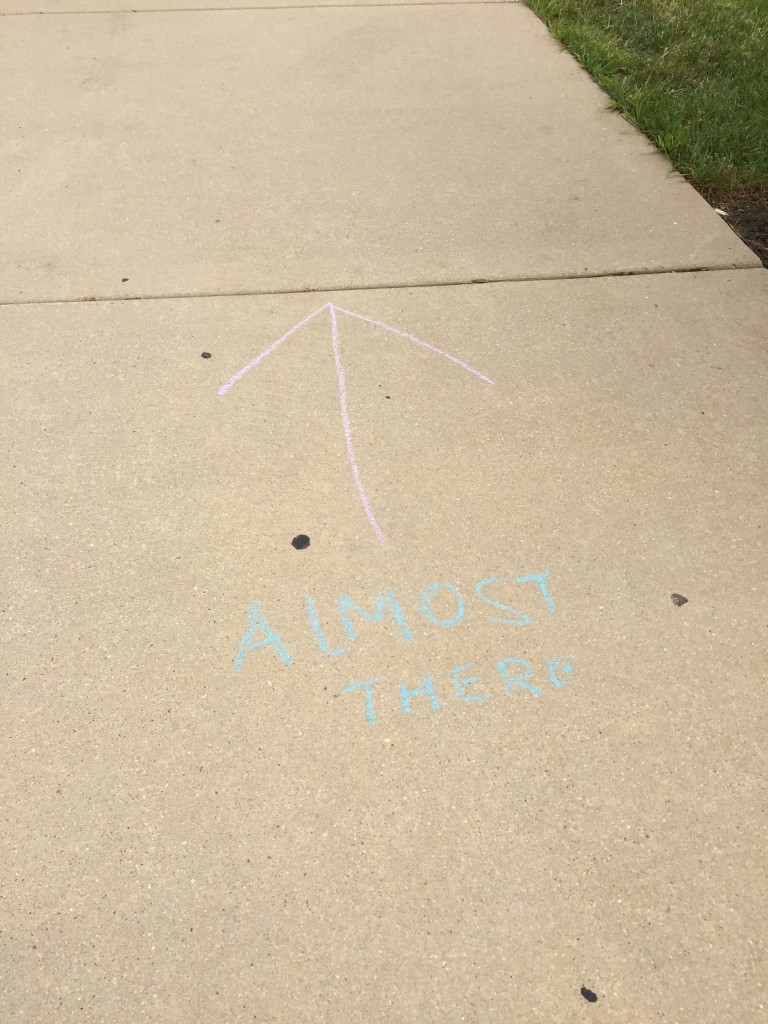
Manuel, my hero
Okay, first of all this is a shoutout post to Manuel Garavito, who has been putting up with me for the last two days – my first two days in a wet lab for several years. Manuel has been beyond fantastic in showing me their basic protocols and having patience with my rusty lab skills. If this project will work out, it will very much be because of him.
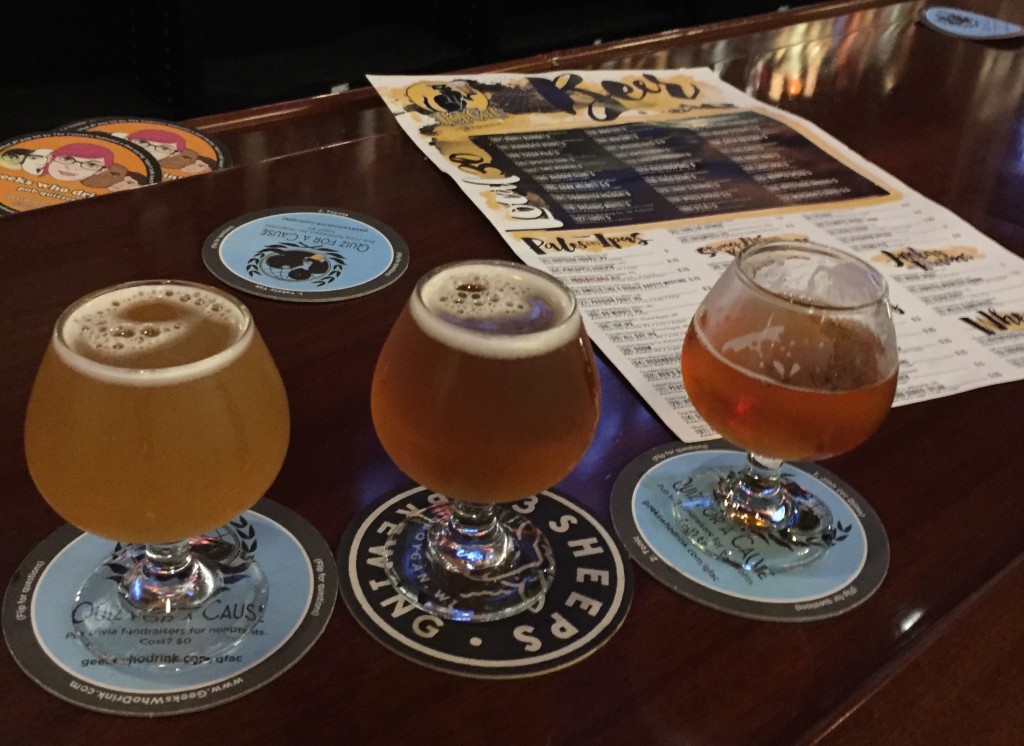 This weekend, there haven’t been a lot of time for other things than lab work, but I spent Friday evening at the Memorial Union where I happened to stumble into a concert with Brazilian (I think, not sure) music. And on Saturday evening I went out to the Hop Cat, where I tasted the fantastic beer Psychedellic Cat Grass and got taught the basics of American football by a woman who was also there on her own, apparently to watch the game. So, I’m doing my well but working my ass off with things I am not really that good at. Yet.
This weekend, there haven’t been a lot of time for other things than lab work, but I spent Friday evening at the Memorial Union where I happened to stumble into a concert with Brazilian (I think, not sure) music. And on Saturday evening I went out to the Hop Cat, where I tasted the fantastic beer Psychedellic Cat Grass and got taught the basics of American football by a woman who was also there on her own, apparently to watch the game. So, I’m doing my well but working my ass off with things I am not really that good at. Yet.

